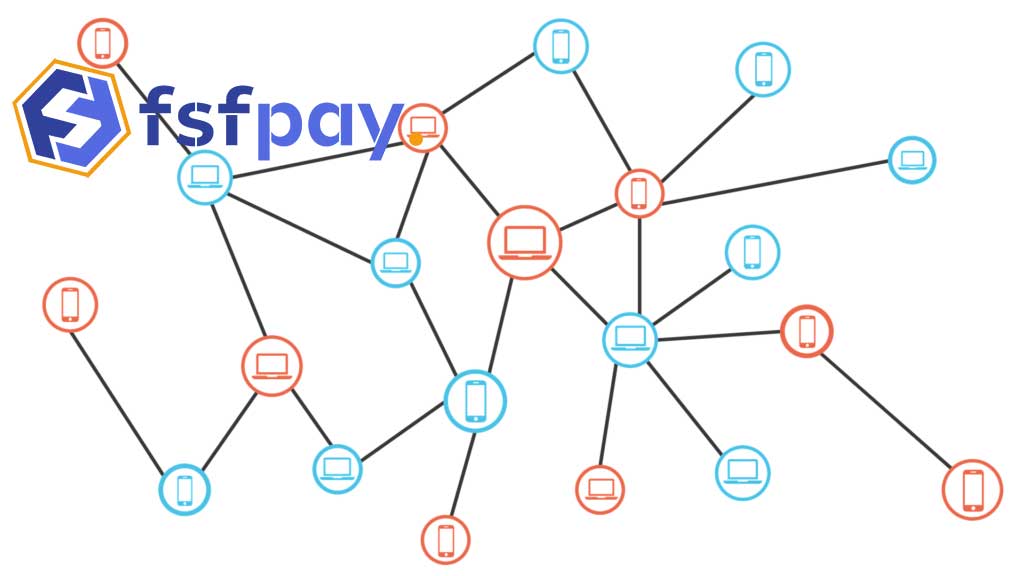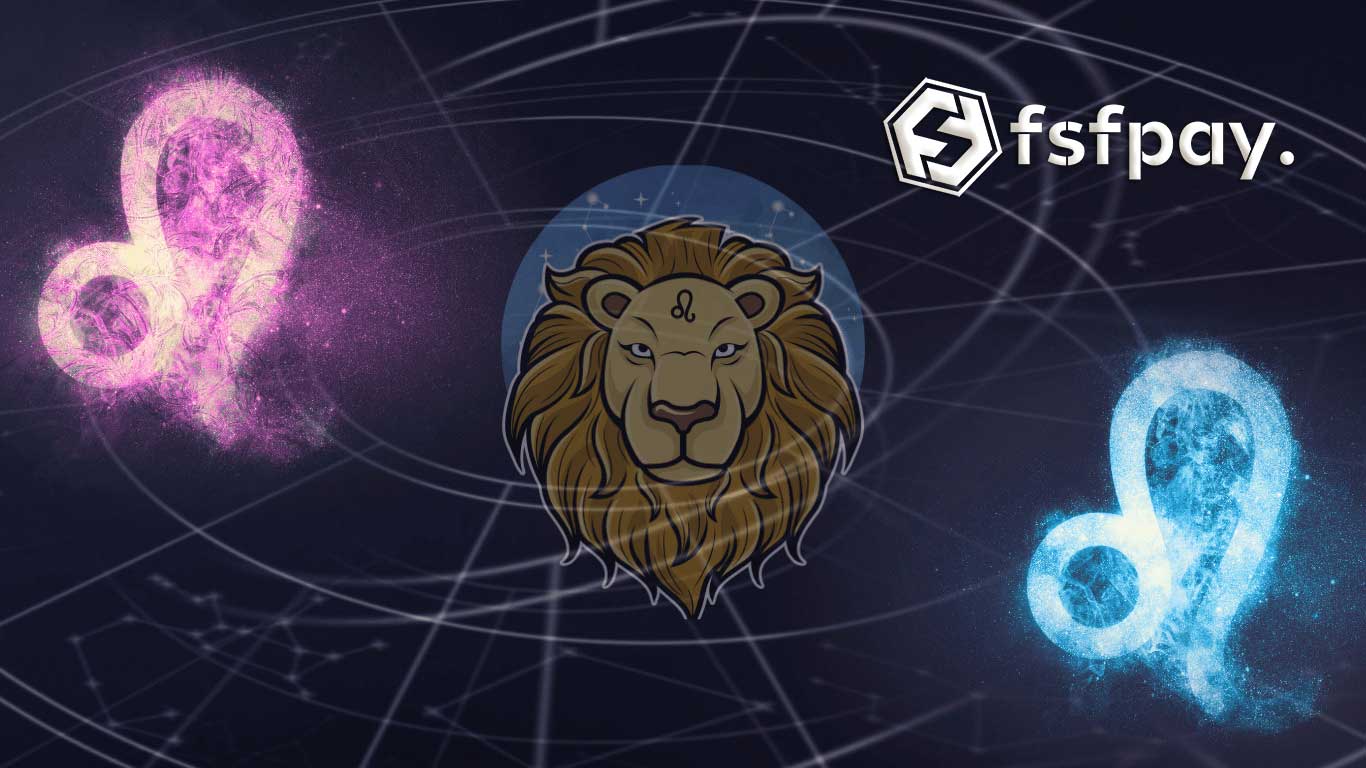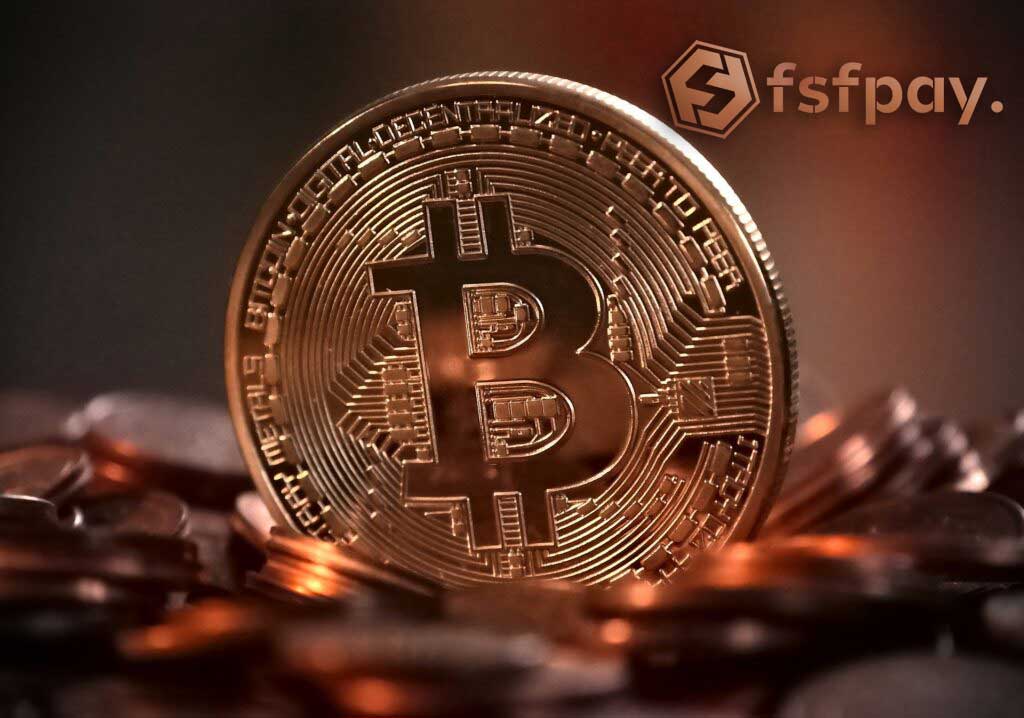

How to Secure Your Bitcoins
Bitcoin and cryptocurrencies have undoubtedly started to change the understanding of modern finance. Many people talk about how secure and transparent the Blockchain is. However, when it comes to storing bitcoins safely, the responsibility lies entirely with the user.
Today, banks are the most preferred solution for the masses to store their monetary assets. Your monetary assets are safely protected in our bank accounts. Even if you lose your debit card, internet banking password that you use to access these assets, the bank continues to protect your assets. You can access your assets again after completing several security procedures. In case your account information falls into the hands of malicious people, you can be compensated for your losses with the insurance options of many banks. However, unfortunately, this is not so easy for Bitcoin, which is seen as the financial system of the new age.
What is a Bitcoin wallet?
Cryptocurrencies, which are basically data, are stored and stored in cryptocurrency wallets. The location of a wallet belonging to a specific person on the Blockchain is expressed by the wallet address, which is a string of alphanumeric characters. There are two keys, public and private key, to access wallets. Public key; It is the key shared with everyone in crypto money receiving or sending transactions. The public key is mathematically derived from the private key. The private key is the numerical and completely private key used to access the cryptocurrency wallet. Since the private key provides direct access to the cryptocurrency wallet, it should not be shared with anyone and it is not possible to access the cryptocurrency wallet in case of loss.
There are wallet types with different ease of use and security levels. We can basically divide the wallets into two, online and offline.
Offline Wallets
Offline wallets (hardware and paper wallets), also called cold wallets or cold storage, refer to the offline storage of cryptocurrencies by disconnecting the internet connection. Since there is no internet access, it is a safer storage method against possible attacks. It is possible to transfer your cryptocurrencies to online wallets at any time you want to make any transfer.
Hardware wallets are commonly used in cold storage. You can carry wallets that look like a USB stick with you as you wish. Unless you plug it into a device connected to the internet, it is impossible to access your cryptocurrencies from the outside. However, it is important to physically protect and store the hardware wallet.
Another cold storage method is paper wallets. It refers to storing the private and public key of the cryptocurrency wallet in writing on paper. Thus, the information of your private and public key will be safe from attacks via the internet.
Storing cryptocurrencies in offline wallets is recommended as a method that increases security.
Online Wallets
Online wallets, also known as hot wallets, are cryptocurrency wallets connected to the internet. Wallets that can be used as online desktop or mobile are more vulnerable to attacks that may come over the internet because they are open to access. Although it is more practical for cryptocurrency transfers, it is not recommended to store large amounts of cryptocurrency in hot wallets for security reasons.
Random Post

Deloitte Announced: The N...
According to a recent study by multinational professional services network Deloitte, more companies are starting to use blockchain. Interestingly, the Asia-Pacific region appear...

Personality Analysis of L...
Leo individuals are known for their strong personalities, self-confidence and leadership qualities. They usually have similar characteristics about money. Leo signs do not hesit...

Intense Bitcoin Demand fr...
The increasing demand for bitcoin will exceed the production capacity of miners. If the increasing demand for BTC from individual investors continues like this, miners will have...

